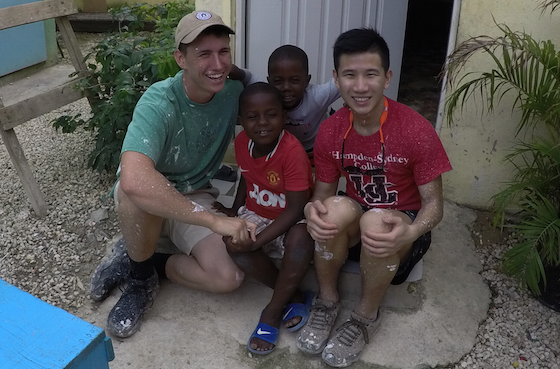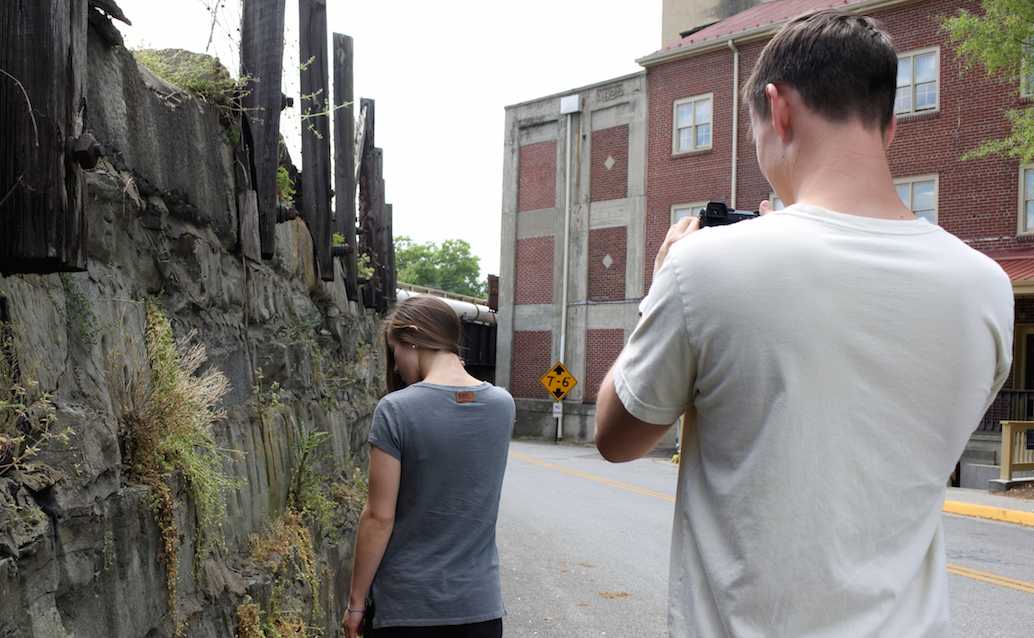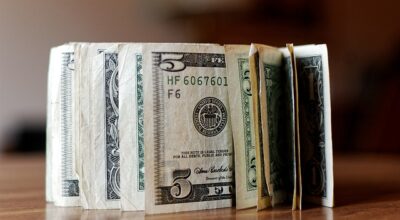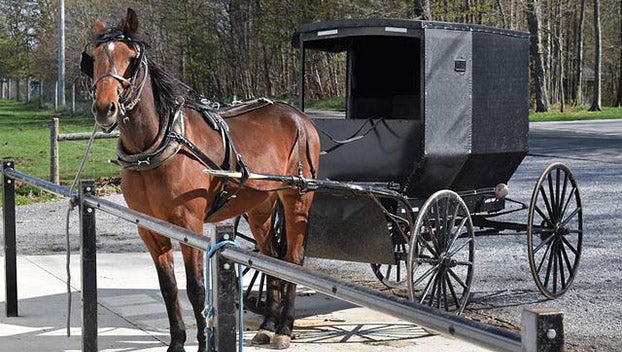Clothing with a purpose
Published 11:13 am Tuesday, July 18, 2017
Hampden-Sydney College (H-SC) students Tanner Beck and Jacky Cheng are putting their education in business and economics to work to create a clothing company that gives back in a big way, and they haven’t even graduated yet.
Rising seniors at H-SC, Cheng and Beck became co-creators earlier this year of Pan Clothing.
“Pan is a clothing company with a mission to promote literacy and education in underfunded areas around the world,” Cheng said. “For every item we sell, Pan donates five textbooks through our partner charities. Since our launch in May of 2017, we have already committed to donate over 1,500 textbooks through our partner charity, Hope for Haiti.”
The idea for Pan was born after Beck and Cheng went on a week-long service trip in January to the Dominican Republic where H-SC has been helping build a school for the past five years through a charity called Mission: Hope.
Beck made his first trip to help out two years ago, and during that time, he met the family of a 2-year-old boy, Ubi Delice, and grew close to them.
“I talk to his mother probably once a week at least,” Beck said. “And so he’s now in school, but Jacky and I went with his mom to get him from school once, and we noticed that there were like no textbooks in this classroom. There was, like, one. And so it was really that moment that really defined our purpose of focusing on textbooks specifically…”
Giving broader perspective on the issue, Beck added that “there’s about 130 million children around the world who are currently in school but can’t read, and that’s due to the problem of not having resources and not having the most basic of supplies. So that’s really what we’re attempting to fix through Pan right now.”
Presently, Pan offers a men’s T-shirt and sweatshirt and a women’s T-shirt and sweatshirt, available for purchase at www.PanClothing.com. Beck said they aim to have more products available in the fall.
“Long term, we would like to be a full-fledged clothing line that carries just about every article of clothing you can think of,” he said.
Cheng said, “We want to be a socially conscious J. Crew,” adding that Pan’s main target audience is young, urban professionals, individuals who know the value of education from personal experience.
Pointing out that the scope of the humanitarian impact Pan can have is in correlation to how successful the company is, Cheng advocated for the effectiveness of the philanthropic business model.
“Yes, in some ways the size of a charity, when they expand, also allows them to have more impact,” Cheng said, “but with a company, it really does make sense because a company’s primary incentive is to grow and expand their business, and we’re doing that at the same time with our impact that we can create.”
And helping motivate Cheng and Beck to succeed on the business side are their big goals to expand Pan’s philanthropic offerings.
Right now, Pan has a formal relationship with one charity — Hope for Haiti.
“The reason we went with Hope for Haiti is because the village we were at is a village of Haitian refugees,” Beck said.
Cheng said that Hope for Haiti operates in 24 schools in Haiti and will work to distribute the 1,500 textbooks donated by Pan.
He said he and Beck are also looking to have an impact in Africa and even, eventually, in the inner-city schools of the U.S.
“We hope to be giving books throughout the entire world,” Beck said.
Cheng noted that they eventually want to offer far more than just textbooks.
“We want to sponsor a kid through his basic education, build schools,” he said.
Identifying a distinction between schools in America and schools in developing countries, he noted that the former serves the sole purpose to educate while the latter functions like a community center, potentially serving as a food bank or a place of worship.
“Us wanting to build schools is not just going to impact education,” Cheng said. “It’s going to impact other areas that so many people don’t tend to think about.”
Since January, Beck and Cheng have been bringing the possibility of all this to life by embarking on the journey of creating Pan.
“I would like to think that even though we’re two guys right now, we’re basically the entire company,” Cheng said. “So Tanner is legal, accounting and (public relations) and stuff like that, and I’m like the social media, the supply chain — we take on different roles right now.”
Though their business and economics knowledge has benefited them, the journey has still been a significant learning experience.
In terms of clothing, Cheng and Beck had to go through the surprisingly detail-oriented process of developing a shirt, addressing factors like weight, collars and stitching.
They have spent time vetting factories, a process on which Cheng said big companies spend hundreds of millions of dollars.
“We want kids to be in classrooms and not sweatshops,” he said.
Beck and Cheng have also been vetting charities, aiming to partner with reputable organizations that believe in them.
They have created a blog series at www.facebook.com/PANClothing/ with videos and photos that chronicle their creation of the company.
“We obviously couldn’t afford to hire a videographer for every single video that we released, so Jacky had to learn how to edit video,” Beck said. “The same with photography — I had to learn how to edit photos.”
They have had to learn how to approach social media from a business standpoint.
They have also worked at networking and cold calling to connect with people and businesses.
“We were featured on Men’s Health’s Facebook, and that was because a guy who was working at Men’s Health saw a Facebook post that we posted that was reshared by his friends,” Cheng said, adding they also spoke with the right hand man of actor and investor Ashton Kutcher through an H-SC alum.
When Pan Clothing’s recent campaign at Kickstarter.com ended, it successfully met its $13,000 goal, bringing in $13,111 through 176 backers.







